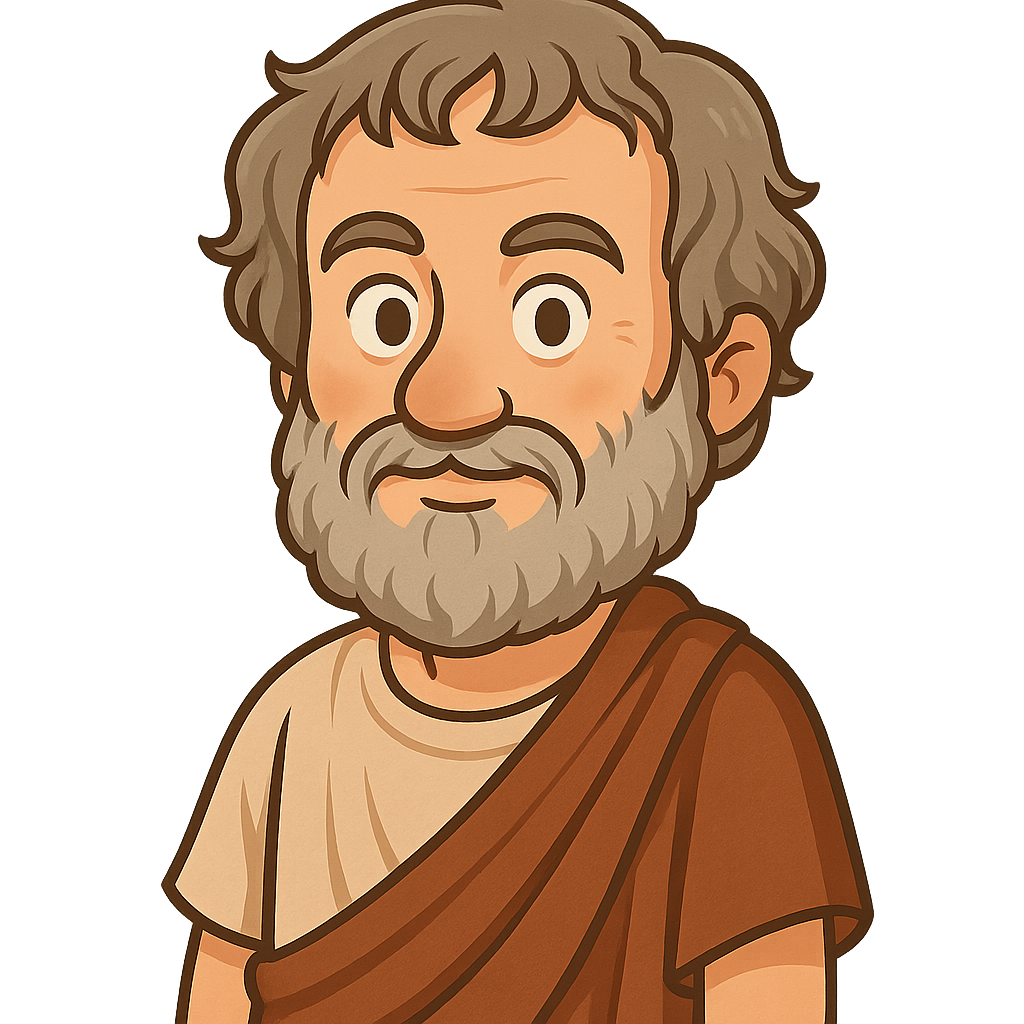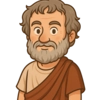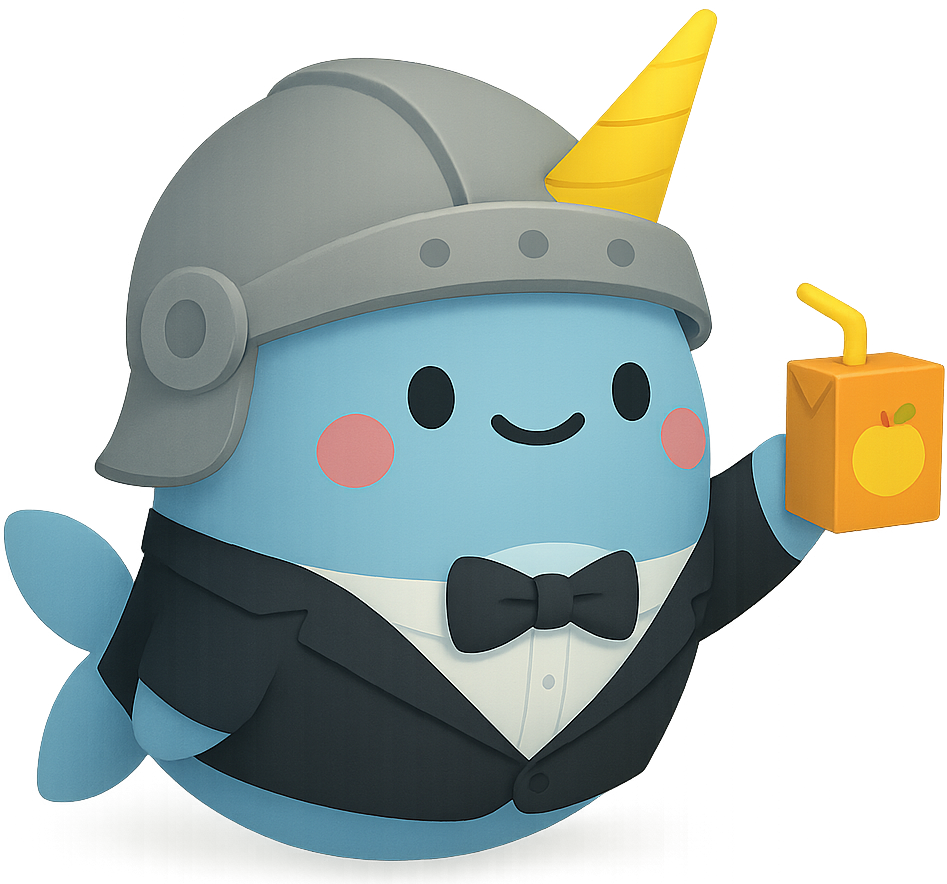Aristotle
My name is Aristotle, and my story begins in a small town called Stagira, on the coast of northern Greece, where I was born in the year 384 BCE. The world then was a place of vibrant city-states, deep thinkers, and endless questions. My father, Nicomachus, was a physician to the king of Macedon, and our home was always filled with books, medical instruments, and discussions about the human body and the natural world. I remember watching him work, fascinated by how he observed symptoms to understand an illness. His work taught me a powerful lesson early on: to understand anything, you must first look at it closely. While other boys might have been playing games, I spent my days exploring the coastline, collecting shells, and observing the habits of fish and birds. I would lie in the grass for hours, watching insects, and wonder: Why does a seed grow into a tree and not a bush? Why do birds fly south for the winter? My mind was a constant storm of questions, and the world was my laboratory. This endless curiosity, sparked by my father’s scientific approach, became the guiding force of my entire life. I didn’t just want to accept what I was told; I wanted to understand for myself how everything worked, from the smallest insect to the largest star.
When I was seventeen, in 367 BCE, I knew I had to go where the greatest minds gathered. I packed my belongings and made the long journey south to the bustling city of Athens. My destination was the most famous school in the world: the Academy, founded by the brilliant philosopher Plato. For the next twenty years, I became one of his most dedicated students. Plato was an incredible teacher who challenged us to think about big ideas like justice, beauty, and truth. He believed that the world we see is just a shadow of a perfect, unchanging world of ideas, or 'Forms'. He taught us that true knowledge came from using our reason to understand these perfect Forms. I respected him immensely and soaked up every word, but as the years went on, a different idea began to grow in my mind. While Plato looked inward and upward for answers, I found myself constantly looking at the world right in front of me. I believed that to understand what a horse is, you shouldn’t just think about the 'perfect idea' of a horse; you should study actual horses. I began to think that knowledge starts with our senses—with observation and experience. This difference in our thinking was not a rejection of my teacher, but the beginning of my own path. At the Academy, I learned how to think, but it was my own curiosity that would determine what I thought about.
After Plato’s death in 347 BCE, I left Athens and eventually received an invitation that would change my life. In 343 BCE, King Philip II of Macedon asked me to come to his court for a very important job: to be the personal tutor for his thirteen-year-old son. That young prince was named Alexander, a boy who would one day be known to the world as Alexander the Great. It was an enormous responsibility. I was not just teaching a student; I was shaping the mind of a future king who would one day rule a vast empire. I taught him about politics and how to govern justly, ethics and how to live a virtuous life, and logic so he could reason clearly. But I also shared with him my passion for the natural world. We studied biology, botany, and zoology. I wanted him to understand not only the world of men but also the world of nature. Our lessons went far beyond the classroom; we took long walks, discussing everything from poetry to the stars. Even after he became king and began his legendary conquests, our connection remained. As Alexander’s armies marched across Asia, he would command his soldiers to collect and send me specimens of strange plants and exotic animals I had never seen before. These samples were a priceless treasure, allowing me to expand my research and classify hundreds of new species. I was his teacher, but in a way, he helped me continue my own education.
In 335 BCE, with Alexander now a powerful ruler, I returned to Athens. It was time for me to build a home for my own ideas. On the outskirts of the city, I founded my own school in a grove of trees dedicated to Apollo Lyceus. It became known as the Lyceum. My school was different from Plato's Academy. While we studied philosophy and ethics, we also investigated everything else imaginable: biology, physics, astronomy, history, and politics. I wanted to create a place where knowledge of all kinds could be gathered, organized, and shared. My teaching style was also unique. I preferred to teach while walking with my students along the covered walkways, or 'peripatoi', in the Lyceum's gardens. Because of this, my students and followers became known as the 'Peripatetics'—the walkers. During these years, I did some of my most important work. I created a system of logic to help us reason correctly, a tool that is still the foundation of scientific thought today. I studied the constitutions of over 150 Greek city-states to understand how governments work. I wrote hundreds of works, trying to classify and explain the entire world as I saw it. The Lyceum was more than a school; it was a collaborative project to understand everything.
My time in Athens eventually came to an end. After Alexander the Great died in 323 BCE, the political climate in the city became dangerous for those connected to him. Not wanting Athens to 'sin twice against philosophy,' as I said, referring to the execution of Socrates, I left the city. I moved to a family estate in Chalcis, where I spent the last year of my life. In 322 BCE, my journey came to a close. I never claimed to have all the answers. In fact, the most important thing I left behind was not a set of answers, but a method for finding them. My true legacy is the belief that by observing the world carefully, thinking logically, and always asking 'why,' we can begin to understand the universe and our place within it. I hope my story encourages you to look closely at the world, to be curious, and to never stop asking questions.
Reading Comprehension Questions
Click to see answer



